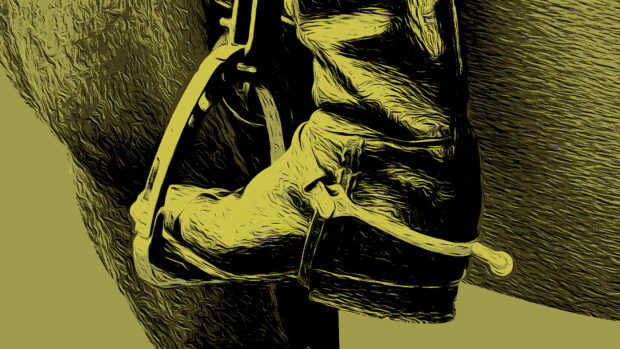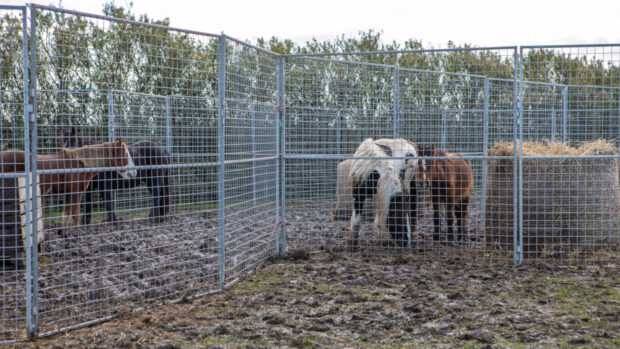Almost 5,000 horses have been euthanased by the Irish authorities in the past 2 years, as the government there tries to get to grips with fly-grazing.
As fly-grazing legislation is fast-tracked through the Welsh government and pressure grows in Westminster to follow suit, new figures from Ireland show that the number of horses seized and subsequently destroyed there has increased 10-fold in the past few years.
The increase has been described by some in the Irish equine industry as “a cull by any other name”.
In 2009, local authorities in Ireland seized 1,467 horses, of which 104 (7%) were euthanased. By 2012, the number seized had risen to 2,969, with 2,123 put to sleep — amounting to 72% of all the horses impounded.
So far this year, some 3,288 horses have been seized by authorities and 2,658 euthanased (81%).
Ireland’s Control of Horses Act, which allows local authorities to impound horses grazing in public places, has been in place since 1996. But a 2012 law on equine premises registration has driven the large increase in the number of horses being seized and humanely destroyed.
Now if a horse is impounded by a local authority, it will only be released back to its owner if it is microchipped and passported — and the owner has a registered equine premises to keep it. This means fly-grazed animals are rarely returned.
The growing number of Irish horses being put down has been described as “very sad” by Barbara Bent, chairman of the Irish Society for the Prevention of Cruelty to Animals (ISPCA).
But she added that humane destruction was “better than being left to starve to death”.
World Horse Welfare chief executive Roly Owers said the problems mirrored those in the UK, where charities believe 7,000 horses are at risk of neglect this winter. He has already warned that a “cull” is likely, unless local authorities are given the power to seize abandoned animals.
“It is devastating for anyone to hear of horses being put to sleep, but we are doing these horses no favours by allowing them to suffer and slowly die,” said Mr Owers.
“But we have to recognise that this is a short-term measure only. We have to get a grip of the overpopulation of horses in the UK, and this is something for the whole equine sector to face up to.”




